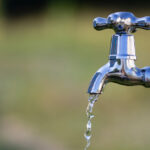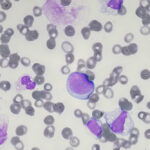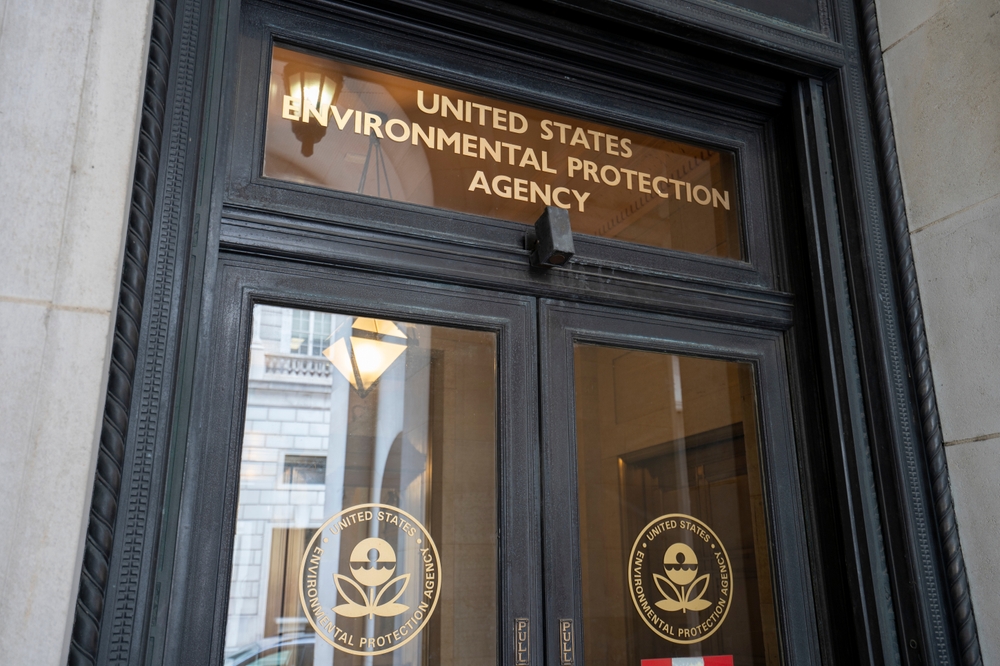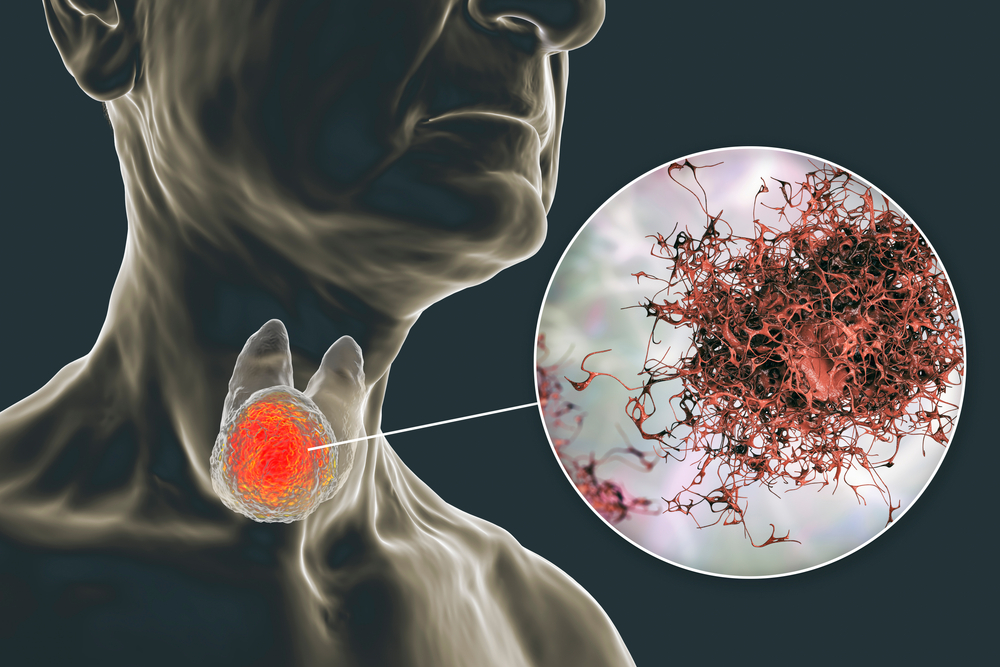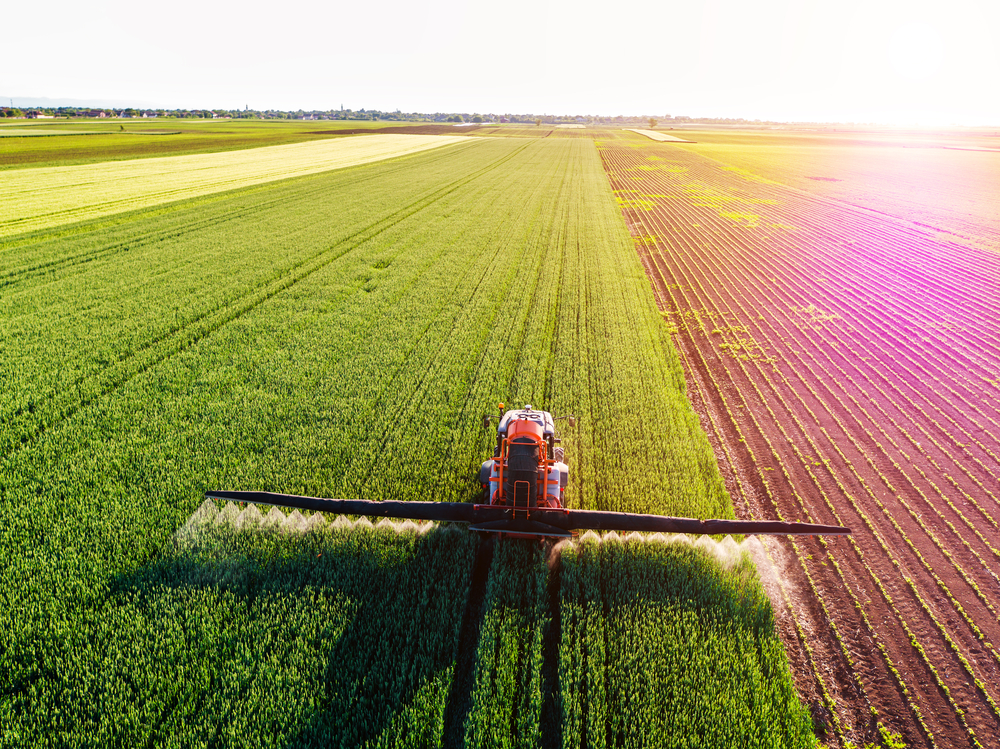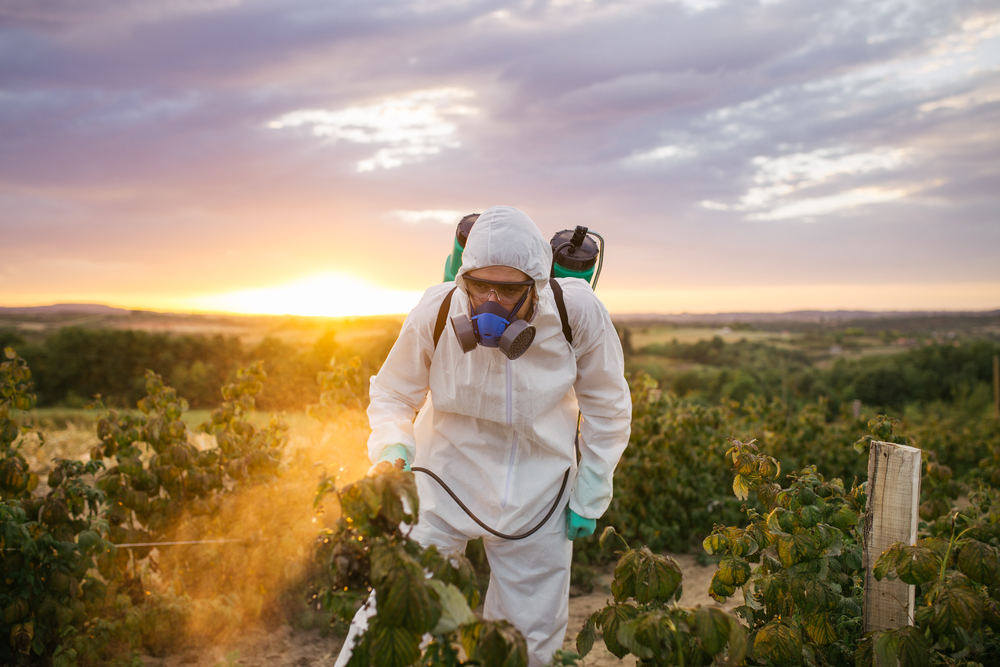Paraquat Lawsuits: Parkinson’s Disease
Paraquat is an organic chemical widely used as an herbicide — mostly for grass and weeds. Paraquat was first synthesized in 1882, but its herbicidal properties weren’t known until 1955 when researchers at Imperial Chemical Industries discovered them.
About Paraquat Lawsuits
- Paraquat is a highly toxic chemical herbicide used for weed and vegetation control. Ingesting even a tiny amount could be fatal, and long-term exposure poses significant risks to human health.
- Scientific research has established a connection between Paraquat exposure and an increased risk of developing long-term health effects such as Parkinson’s disease.
- Lawsuits have been filed against paraquat manufacturers. Paraquat lawsuits allege that exposure to the herbicide causes serious health effects, such as Parkinson’s disease and that manufacturers did not provide adequate warnings about its dangers.
Paraquat Lawsuits FAQs
What is paraquat, and why is it in the news?
Paraquat is a highly toxic herbicide used to control weeds and unwanted vegetation. It’s in the news due to growing concerns about its link to Parkinson’s disease and the resulting lawsuits.
Is paraquat banned in the United States?
No, paraquat is not banned in the U.S., but it’s classified as a “restricted use” chemical. Only commercially licensed users, primarily farmers, can purchase and use it.
Is there scientific evidence linking paraquat to Parkinson’s disease?
Yes, multiple studies have established a connection between paraquat exposure and an elevated risk of Parkinson’s disease. This scientific evidence is central to the lawsuits.
Who qualifies for a paraquat lawsuit?
Individuals who may qualify for a paraquat lawsuit include those who have been exposed to paraquat, primarily through occupational exposure or living near areas where paraquat was regularly used, and have subsequently been diagnosed with Parkinson’s disease or other health issues. It is advisable to consult with an attorney specializing in paraquat-related claims to determine eligibility and the strength of a potential case.
Should I consult an attorney if I believe I have a paraquat-related injury?
Yes, if you believe your health issues such as Parkinson’s disease is due to paraquat exposure, consult an attorney experienced in handling such cases to evaluate your potential for a lawsuit and to guide you through the legal process.

Table of Contents
- 1 About Paraquat Lawsuits
- 2 Paraquat Lawsuits FAQs
- 3 What is Paraquat Used For?
- 4 Paraquat Manufacturers
- 5 Products Containing Paraquat
- 6 The Toxicity of Paraquat
- 7 The Health Effects of Paraquat Exposure
- 8 How is Harm from Paraquat Diagnosed and Treated?
- 9 Ways You Can Be Exposed to Paraquat
- 10 Who is Most at Risk for Paraquat Exposure?
- 11 How to Protect Yourself Against Paraquat Exposure
- 12 EPA Actions Pertaining to Paraquat
- 13 Other Government Action Against Paraquat
- 14 Paraquat Lawsuits
- 15 What Compensation Can Plaintiffs Expect in Paraquat Lawsuits?
Paraquat is largely used in agriculture. There are currently no paraquat products available to individual consumers; only commercially licensed entities can purchase them.
Paraquat is highly toxic, despite its prevalence as an herbicide.
What is Paraquat Used For?
After paraquat’s herbicidal properties were discovered, manufacturers began selling products made with it to farms. Commercial farms and agricultural workers spray it on a wide range of commercial crops, such as corn or cotton, to help keep weeds and grass at bay.
However, paraquat is sometimes used to desiccate (remove moisture from) crops before harvesting. It’s also used as a defoliant (to remove leaves from plants).
Paraquat Manufacturers
Several hundred companies manufacture paraquat products around the world. Here are some of the big paraquat manufacturers:
| Adama Group | Helm Agro |
| Altitude Crop Innovations, LLC | Innvictis Crop Care LLC |
| Chevron | Sinon USA, Inc. |
| Drexel Chemical Company | Syngenta |
| Growmark | United Phosphorous |
Products Containing Paraquat
Here are some products that contain paraquat as an active ingredient:
- Blanco
- Bonfire Herbicide
- Devour
- Firestorm
- Gramoxone
- Helmquat
- Para-SHOT
- Parazone
- Quik-Quat
Another version of paraquat, gramoxone, is manufactured by Syngenta.
The Toxicity of Paraquat
Paraquat is highly toxic to humans and animals. Ingestion is the most common cause of poisoning. Ingesting just a small sip is most likely fatal, and there is no antidote.
The Health Effects of Paraquat Exposure
Paraquat exposure health effects depend on the method and time period of exposure.
Ingesting even small amounts of paraquat can damage exposed areas such as the mouth and skin, as well as the intestines, lungs, and stomach – all of which can eventually lead to death. Death comes much more rapidly the more you ingest.
Ingestion isn’t the only exposure method, of course. Agricultural workers exposed to paraquat in small amounts over time may not develop any symptoms for several years.
Short-Term Signs, Symptoms, and Health Effects of Paraquat Exposure
If someone ingests or inhales a significant amount of paraquat, severe symptoms will occur within a few hours or several days. These symptoms include:
- Nausea
- Abdominal pain
- Vomiting
- Confusion
- Muscle weakness
- Respiratory issues or failure
- Mouth and throat pain and swelling
- Dehydration due to gastrointestinal symptoms
Also, within a few hours or several days, paraquat can lead to the following health problems:
- Kidney failure
- Liver failure
- Lung scarring
- Pulmonary edema
- Respiratory failure
Long-Term Health Effects of Paraquat Exposure
Someone who ingests or inhales a small amount of paraquat may survive, but there will likely be severe long-term health effects such as:
- Heart failure
- Kidney failure
- Lung-scarring
- Esophageal strictures (abnormal tightening or narrowing of the esophagus)
The likelihood of survival for those who ingest or inhale larger amounts is low.
Paraquat and Thyroid Cancer
In August, 2022, a published study by researchers from UCLA found a link between thyroid cancer and certain pesticides. The new study highlights concerns about how exposure to certain pesticides affects human health. They reviewed over 2,000 thyroid cancer cases and found an association between the disease and pesticide exposure, including paraquat dichloride and glyphosate (Roundup).
The UCLA study is the first to provide evidence that pesticide exposure could increase thyroid cancer, which has important implications for patients. These findings may help set the grounds for people diagnosed with thyroid cancer after pesticide exposure to sue the manufacturers who didn’t warn them about the cancer risk. The authors say additional research is needed, but the presented evidence could clear a path for future paraquat lawsuits and Roundup lawsuits.
Paraquat and Parkinson’s
 Parkinson’s disease is caused when nerve cells in the brain that control movement die or become impaired. This leads to motor symptoms such as tremors (involuntary, rhythmic muscular contractions that appear as shaking), muscle cramps, and rigidity. People with Parkinson’s may also experience non-motor symptoms such as pain, fatigue, and low blood pressure.
Parkinson’s disease is caused when nerve cells in the brain that control movement die or become impaired. This leads to motor symptoms such as tremors (involuntary, rhythmic muscular contractions that appear as shaking), muscle cramps, and rigidity. People with Parkinson’s may also experience non-motor symptoms such as pain, fatigue, and low blood pressure.
Some studies have shown that there might be a link between paraquat exposure and the development of Parkinson’s disease. One large study by the National Institute of Health (NIH) found a link between paraquat (and other agrochemicals) and Parkinson’s disease.
More Information: The Dangers of Working with Paraquat
How is Harm from Paraquat Diagnosed and Treated?
Seeking immediate medical attention is vital if you or someone you know has been exposed to paraquat.
Doctors often order blood or urine tests to detect traces of paraquat and monitor various related health factors. Blood tests, in particular, can also help doctors determine the approximate extent of organ damage.
Low levels of paraquat poisoning can be treated if action is taken fast. However, because there is no antidote, the victim may still experience the serious injuries and organ failures mentioned above.
Ways You Can Be Exposed to Paraquat
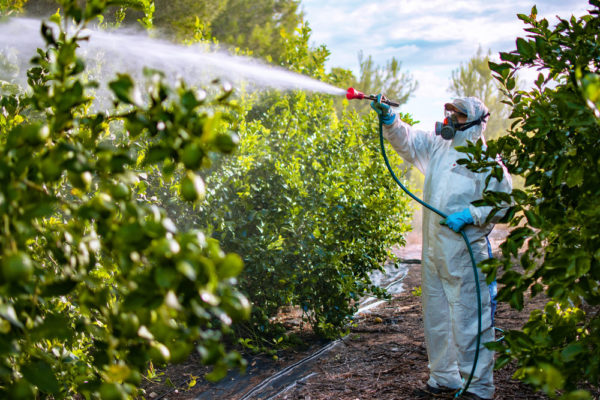 Paraquat exposure happens through direct ingestion, inhalation, or skin exposure. Ingestion is the most likely method of exposure, according to the CDC. Still, inhalation can pose dangers to your health, especially your respiratory system.
Paraquat exposure happens through direct ingestion, inhalation, or skin exposure. Ingestion is the most likely method of exposure, according to the CDC. Still, inhalation can pose dangers to your health, especially your respiratory system.
Paraquat poisoning via skin exposure generally takes much longer to manifest. However, exposing the skin to a high enough concentration of paraquat or exposing broken skin (such as cuts or sores) can cause poisoning much faster.
Who is Most at Risk for Paraquat Exposure?
Licensed applicators and agricultural workers are the most at risk of paraquat exposure. Since paraquat is not available to the general public, your risk is lower (but not nonexistent) if you are not in one of these roles.
How to Protect Yourself Against Paraquat Exposure
If you think you have been exposed to paraquat, the residue might be on your body or clothing, so remove that clothing immediately. Any clothing that must be pulled over the head should be cut off instead to keep paraquat away from the face.
To get rid of paraquat on your skin, wash with large amounts of soap and water as soon as possible. If your vision is blurred or your eyes burn, remove any contact lenses and rinse your eyes for 10-15 minutes with water. Throw away those lenses whether or not they’re disposable. If you wear eyeglasses, wash those thoroughly with soap and water before wearing them again.
Finally, dispose of the contaminated clothes by carefully placing them into a plastic bag. Use tongs, sticks, or any other implement to pick them up if you can’t avoid touching contaminated areas. Then put these in that plastic bag as well. Seal the bag, and place it inside another sealed plastic bag. Tell the emergency or health department personnel exactly what you did with your clothes, and they’ll arrange to have everything disposed of.
EPA Actions Pertaining to Paraquat
2016
In 2016, the Environmental Protection Agency (EPA) laid out several requirements surrounding paraquat labeling and use to minimize accidental ingestion and reduce exposure to workers. These include:
- Restricting paraquat use to certified pesticide applicators. Individuals working under the certified applicator’s supervision cannot use it.
- Specialized training for certified applicators regarding safe paraquat transfer and storage.
- Updated, closed-system packaging to prevent paraquat spills or other events that could lead to exposure.
- Changes to labeling requirements and distribution of supplemental materials to emphasize paraquat’s toxicity.
2020
Paraquat is currently undergoing the EPA’s registration review, a program that evaluates pesticides on a 15-year cycle.
In October 2019, the EPA made drafts of their paraquat human health and ecological risk assessments available for public comment.
The EPA finished reviewing public comments in October 2020 and released a Proposed Interim Decision detailing several protections intended to reduce paraquat exposure:
- Banning aerial application for all uses and use sites except cotton desiccation
- Banning pressurized handgun and backpack sprayer application methods (including on the label)
- Adding required spray drift management label language
- Limiting alfalfa’s maximum application rate to one pound of active ingredient/acre
- Requiring enclosed cabs or PF10 respirators if the area treated within a 24-hour period is 80 or fewer acres
- Requiring a residential area drift buffer and seven-day restricted entry interval (REI) for cotton desiccation
- Requiring a 48-hour REI for all crops and uses except cotton desiccation
- Allowing certain truck drivers who aren’t certified applicators but meet specific conditions to transport Paraquat
The Proposed Interim decision closed for public comment in December 2020. The EPA will use this input to issue an Interim Decision with new rules for paraquat.
2021 and 2022
The EPA released its interim decision for paraquat registration in August 2021. As required under the Federal Insecticide, Fungicide and Rodenticide Act (FIFRA), the EPA issued new safety measures as part of its re-approval process for paraquat, including:
- Limits on the user’s number of aerial applications.
- A new requirement for buffering between the spray areas and residential structures.
- A ban on the use of pressurized handgun and backpack-type sprayer applications.
- A requirement of respiratory masks for those who apply the herbicide.
The EPA reported no link between the herbicide and Parkinson’s disease.
Once the interim re-approval for paraquat was announced, environmental and agricultural groups sued the EPA. Paraquat attorneys for environmental and health advocacy groups asked the Ninth U.S. Circuit Court of Appeals in San Francisco to halt the renewal of the herbicide. As a result, in September 2022, the EPA asked the Court for a voluntary remand of the interim decision to reconsider various aspects of its paraquat re-approval. During the reconsideration period, the use of paraquat is permitted with the new safety mitigations. While the EPA revisits its decision, paraquat lawsuits continue to be filed as part of the paraquat multidistrict litigation (MDL).
Other Government Action Against Paraquat
The US Government
On July 17, 2019, U.S. Representative Nydia Velázquez (D-NY 7th District) introduced H.R. 3817 — titled the Protect Against Paraquat Act — in the 116th Congress.
This bill tried to require the EPA to cancel paraquat registration for all uses and ban any residue on food. It also proposed prohibiting the sale and use of any existing paraquat stock. It received 15 cosponsors, but it never got a vote.
As of now, paraquat is still legal for licensed commercial applicators to use in the U.S.
Non-US Countries
More than 30 countries and entities have banned paraquat. These include:
- Brazil
- China
- Switzerland
- The European Union
Paraquat Lawsuits
Several paraquat lawsuits have been filed across the country against various manufacturers. Some plaintiffs allege that manufacturers failed to warn the public about the link between paraquat and Parkinson’s (and other neurological problems). Others allege product design defects or other claims.
In early June 2021, a U.S. judicial panel ordered that all paraquat lawsuits be consolidated into the U.S. District Court for the Southern District of Illinois for pre-trial proceedings under MDL No. 3004. MDL (multi-district litigation) is a procedure that has been used for decades to consolidate numerous similar cases into one legal jurisdiction. The aim is to streamline legal proceedings and reduce the burden on other courts.
What Compensation Can Plaintiffs Expect in Paraquat Lawsuits?
Filing a lawsuit against paraquat manufacturers can help deal with the financial burden of exposure. Some types of compensation a plaintiff could win include:
- Past and future medical and funeral expenses resulting from paraquat exposure injury
- Past and future lost wages and earning capacity resulting from paraquat exposure injury
- Past and future pain and suffering resulting from paraquat exposure injury, including the recovery process
- Past and future loss of enjoyment of life
- Punitive damages
All states have statutes of limitations, meaning if you wait too long to file a lawsuit, you lose your opportunity to sue for potential compensation to cover these losses. If you think you have a case, find an attorney specializing in paraquat lawsuits.


